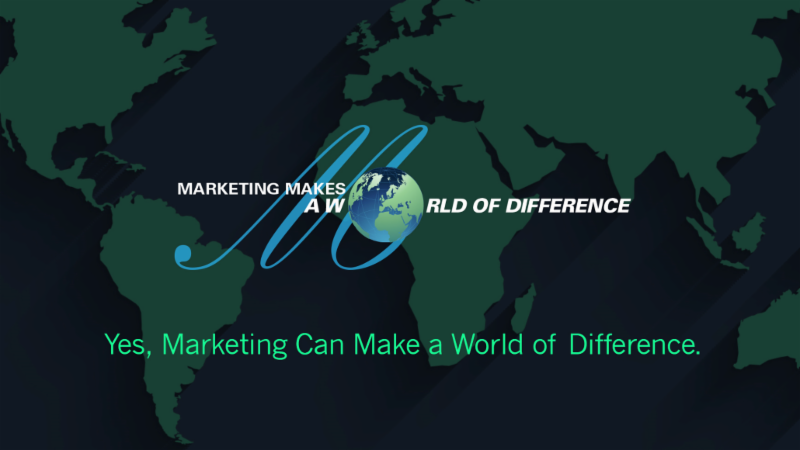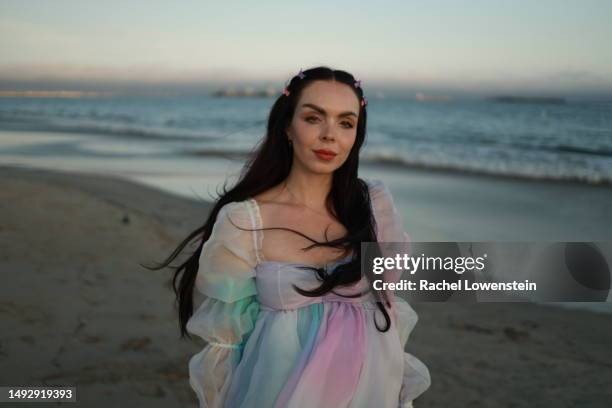
Brands Marketing a Difference in the Lives of Women…
To commemorate International Women’s Day on March 8, and as part of The Internationalist’s Marketing Makes a World of Difference™ initiative, we are sharing case studies from around the world to highlight how brands have made a difference in a range of issues affecting women.
The theme for International Women’s Day 2023 is: DigitALL: Innovation and technology for gender equality.
The impetus for establishing an International Women’s Day can be traced back to New York City in 1908, when thousands of women garment workers went on strike and marched through the city to protest their working conditions. Officially recognized by the United Nations in 1977, International Women’s Day is now celebrated in many countries around the world as a day when women are recognized for their achievements.
Our IWD case study inspirations touch on several topics: from empowering women through economics to personal safety– online and in person.
RECENT CASE STUDY EXAMPLES FROM AROUND THE WORLD

Mibanco – The Emancipation Loan (PERU)
In Peru, machismo reigns supreme. Women are expected to fulfill their roles as mother and wife, before considering their own dreams. All banks in Peru require the signatures of both a husband and wife for a loan, so women face a cultural roadblock to a life of independence. Mibanco decided to break national banking policies and take on the country’s patriarchal mindset – giving women a chance to pursue their aspirations.
WATCH THE MIBANCO “EMANCIPATION LOAN” CASE STUDY
WeCapital – Data Tienda (Data Shop) MEXICO
WeCapital, a financial institution that works to promote the financial inclusion of low-income women in Mexico, launched an initiative to restore the credit histories of thousands of women. Called Data Tienda (Data Shop), WeCapital tapped into the accounting records of local shopkeepers, collecting information from neighborhood businesses through monthly store payment records to build credit histories.

WATCH THE WeCapital “DATA TIENDA” CASE STUDY

Laisha – Helpline on the Cover (ISRAEL)
Two hundred women were murdered in Israel by their intimate partner during the past decade – 5 times more than in England, Italy, or France. Today, there are still over 200,000 women living with abusive partners. Israel’s most popular women’s magazine, ‘Laisha’ (‘For Women’ in Hebrew) changed its traditional front cover for the first time in 75 years- using it to announce a woman’s helpline against violence.
WATCH THE LAISHA “HELPLINE ON THE COVER” CASE STUDY
Dove (Unilever) – Toxic Influence (CANADA)
Dove set out to improve the self-esteem of 3.5 Million Canadian girls, and to end toxic beauty advice on social media. The goal: to empower parents and teens to come together regularly to #DetoxYourFeed, by talking about toxic beauty and by hitting the unfollow button when identified.

VISITS DOVE’S “TOXIC INFLUENCE” WEBSITE
A global pandemic has not only changed how we live, but what we consider to be important. Society’s expectations of business and the expanded responsibilities of brands to their customers have been changing dramatically amid today’s world of stakeholder capitalism and increased corporate citizenship. Clearly, consumers want to live with more meaning– rather than just more– and to feel they are part of making a difference in an incredibly stressful world.
Increasingly, we are seeing how individual brands and modern corporations use both their scale and dedication to innovation to make a real difference to the world in new efforts to “do good,” while continuing to do good business.




